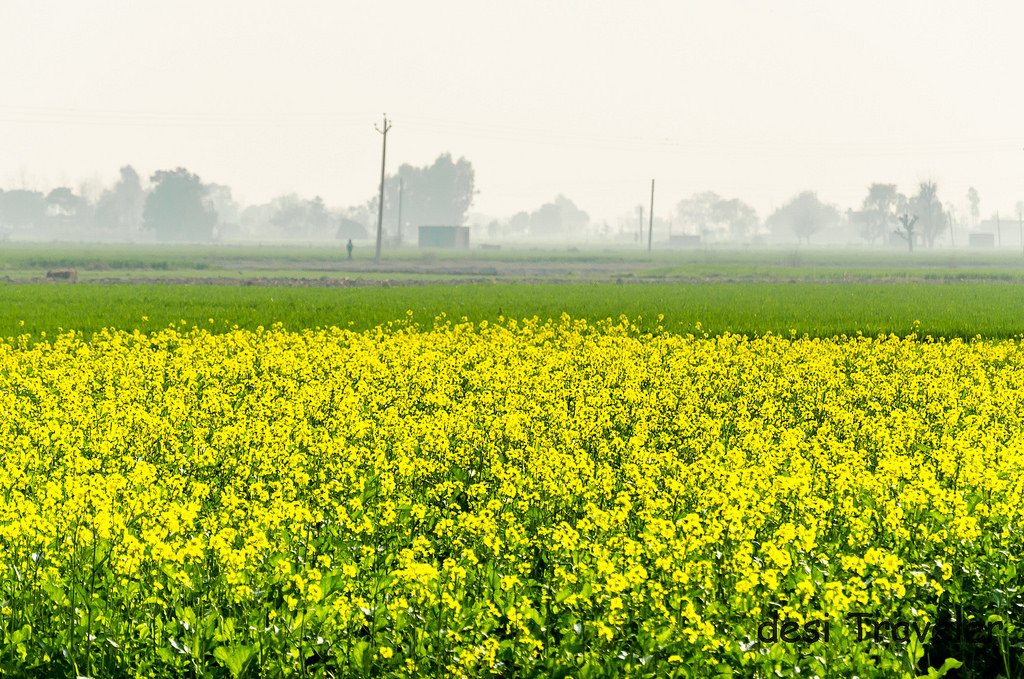Inside BENEO’s new pulse plant: pioneering sustainable protein from faba beans
India’s central biotech regulator, Genetic Engineering Appraisal Committee (GEAC), cleared the genetically modified (GM) Mustard for commercial cultivation and recommended its approval to the environment ministry
“The application on GM Mustard presented by Deepak Pental of South Campus (Delhi University) was appraised at the GEAC meeting held on Thursday. The GEAC has recommended the approval of GM Mustard to the environment ministry. Earlier, a sub-committee had appraised the safety document for GM Mustard”, said Amita Prasad, chairperson of the GEAC.
The GM mustard, developed by a Delhi University institution, is only the second food crop which got its clearance from the central regulator. The GEAC had earlier in 2010 cleared the Bt Brinjal but the decision was not accepted by then environment minister Jairam Ramesh. Currently, only Bt Cotton – a non-food GM crop – is commercially cultivated in the country.
“The GEAC has proven yet again that it is unscientific and uncaring with regard to citizens’ health and environment. They have failed in their very mandate and purpose for which they have been created, to protect citizens from risks of GMOs. Earlier in the case of Bt brinjal too, they behaved irresponsibly and shamelessly unscientifically. In this case, it is a hazardous herbicide tolerant food crop at that, which has direct implications for a large number of Indian farmers, agricultural workers and consumers”, said Kavitha Kuruganti of the Alliance for Sustainable & Holistic Agriculture (ASHA).
She, on behalf of the Sarson Satyagrah, said, “We have shown over the past several months, through rigorous analysis of available material, how this GM mustard dossier was rigged for favourable results, how it is an unneeded GMO, how it will increase chemicals in our food and farms (because it is a herbicide tolerant GMO) and how regulators should have never allowed it to proceed this far. They had ignored many valid questions raised by scientists and others and chose to function behind a shroud of secrecy”.
The Ministry of Environment, Forest and Climate Change published an eight-page Frequently Asked Questions (FAQs) on its website. The FAQs pointed to concerns on the possibility of genetically engineered (GE) plant getting introduced into wild populations and increased use of chemicals in agriculture. In terms of taste and nutrition, it would be similar to the traditionally grown mustard varieties in India.
The FAQs said, “GE mustard is as nutritious as the conventionally grown varieties in India. Therefore, it is not anticipated to have any effect on milk production, if cattle consume this GE mustard as feed.” “Individual GM foods and their safety should be assessed on a case-by-case basis and that it is not possible to make general statements on the safety of all GM foods.”
“In addition, no effects on human health have been shown as a result of the consumption of such foods by the general population in the countries where they have been approved. So far, there is no evidence suggesting that the transgenes could be transferred to humans or animals through consumption of GE food,” it added.

